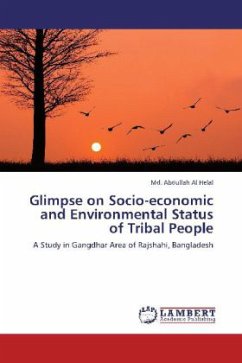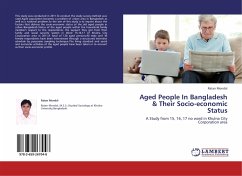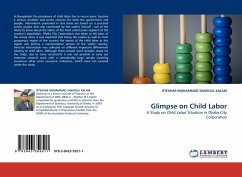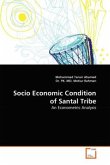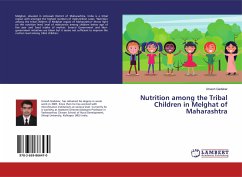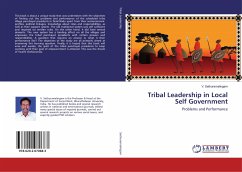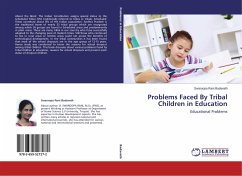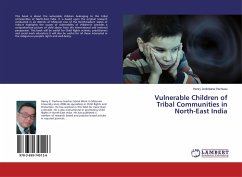It is estimated that there are about 350 million tribal peoples around the world. In Bangladesh there are about 45 tribal communities consist of 1.2 million which is about 1.13 per cent of the country's total Population. The Scheduled Tribal communities in Bangladesh are characterized by economic and social marginalization, primitive existence, geographical isolation and educational backwardness. They are scattered in different parts of Bangladesh. But this study was carried out on Gangdahr area of Rajshahi Metropolitan, where 20 (twenty) tribal families traditionally living, in order to know their socio-economic and environmental condition. Study found that, tribal people of this area are backwarded from their mainstream counterpart of the country. They are discriminated in terms of education, income and government facilities. Even they do not feel secured in their community life. The paper concluded with some broad suggestions for policy interventions.

